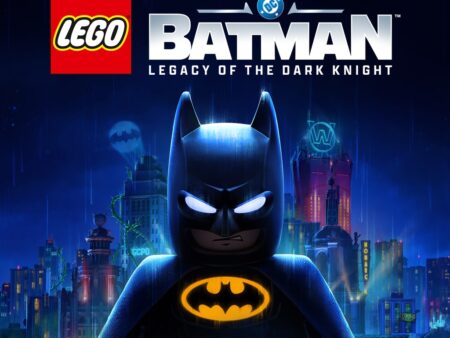Bong Joon-ho is a highly acclaimed South Korean director, known for his unique and charismatic filmmaking. His multilayered movies masterfully blend genres, creating thrilling emotional rollercoasters of satire, dark humor, and family dramas. He boldly tackles social inequality and human tragedy, unafraid of thrillers and political statements. What is the secret to his directorial style?
“I wouldn’t call myself a genre expert who deliberately breaks conventions. In Korea, we have a term ‘random dance’ – moving to music spontaneously. You don’t need to know dance history or styles, just listen to your body. I think that’s how I make movies,” says Bong Joon-ho.
His films lack clear-cut good and bad characters. They are complex, nuanced, and driven by conflicting desires and goals. This unpredictability of characters extends to unexpected plot twists – guessing the ending of a Bong Joon-ho film on your first viewing is nearly impossible.
The success of “Parasite” (2019) at Cannes and the Oscars made Bong Joon-ho the first director to simultaneously win the Palme d’Or and the Academy Award for Best Picture. However, this recognition was the culmination of a long and challenging journey.
Key Films by Bong Joon-ho
Barking Dogs Never Bite (2000). This debut film brought Bong Joon-ho his initial success in Korea. In his signature style, it’s a blend of dark comedy, drama, and chamber detective. Subtle humor, bordering on the absurd, shapes the film into a tragicomedy set to jazzy music. Unusual characters and a comical depiction of the harsh realities of ordinary people make this one of the best early works of the director.
Memories of Murder (2003). A brilliant film that encapsulates the essence of Bong Joon-ho’s style. Gruesome, realistic murders are interwoven with subtle ironic humor, reflecting the culture of Korean provincial towns in the 80s and 90s, with their brutality, poverty, and incompetent police. The people’s frivolity, detectives’ willingness to fabricate evidence, and thirst for glory all contribute to the film’s uniqueness. The blend of comedy, thriller, and editing that juxtaposes appetizing food shots with horrific crime scenes continues to captivate audiences. Based on real serial killings in Hwaseong, the film depicts the investigation by an inept police force, prolonging the capture of the killer.
Snowpiercer (2013), based on the graphic novel, stands out for its blockbuster scale and star-studded cast including Chris Evans, Tilda Swinton, Octavia Spencer, and Ed Harris. Despite its blockbuster format, Bong Joon-ho maintained his auteur style, creating a conceptual film about social inequality. The plot follows a failed attempt to stop global warming, plunging Earth into an ice age. Survivors find refuge in a massive train, where a strict social hierarchy prevails: the poor in the tail cars, the elite in the front, near the train’s creator. A group of rebels from the “tail” decides to revolt, reach the “head” of the train, and fight for their rights.
Okja (2017) is a touching story about a girl and a giant CGI pig. Bong Joon-ho demonstrated his ability to create mainstream cinema while staying true to his vision. The Netflix-produced film competed at the Cannes Film Festival. It’s a powerful statement about meat consumption, ecology, corporations, and greed, presented in an accessible way for a broad audience. Despite being a box office disappointment, “Okja” remains a significant part of the director’s filmography. The plot revolves around the Mirando Corporation breeding “super pigs” for meat. A young girl, Mija, in South Korea befriends one of them, Okja, but the corporation separates them, and Mija embarks on a journey to save her friend from slaughter.
Parasite (2019) is a masterpiece that garnered numerous accolades: the Palme d’Or, the Golden Globe, and Academy Awards for Best Picture, Best International Feature Film, and Best Original Screenplay. Bong Joon-ho was recognized as Best Director. It was a historic and unexpected victory. The film blends a socio-cultural plot, complex characters, and dark humor with real-world horror. The story centers on the impoverished Kim family, living in a semi-basement apartment. The son, Ki-woo, gets an opportunity to work as a tutor for the wealthy Park family. Gradually, the entire Kim family infiltrates the Park’s household, striving to secure their place in this new life.










